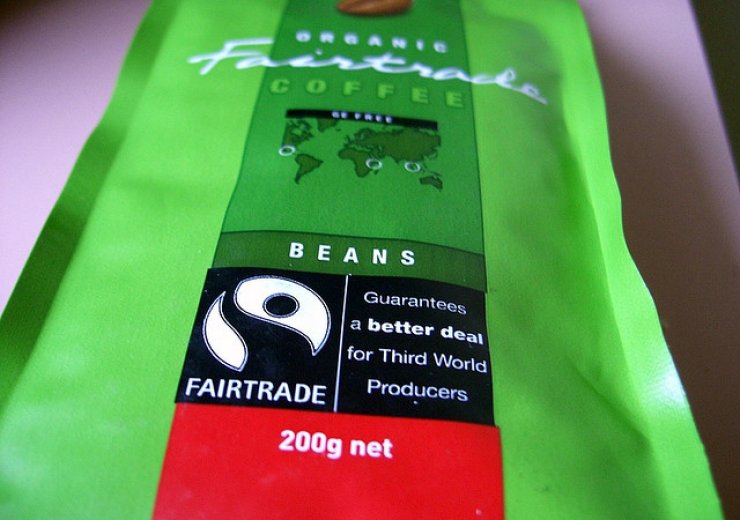
Food goes through many hands before it reaches our plate, from grower, processor, transporter, wholesaler and finally to retailer. Processed food has longer and more opaque chains, with more opportunities for breakdown of trust. Creating transparency from farm to fork can strengthen trust and create a healthier food system.
Trust is an essential ingredient in a well-functioning food system. To trust the food on our plate, we need to know that it’s safe to eat, its origin, the quality of ingredients, its nutritional value, and whether its production has harmed people, animals or the environment.
In an industrialised food system, raw ingredients go through many hands before they end up on our plate. These long and complicated chains, with sometimes opposing incentives (e.g. profit and safety) can lead to risks being taken that negatively affect people, animals or the environment (such as the horsemeat scandal). A food system where every link of the chain is in the open would create transparency and trust and help avoid abuses and risks.
The narrow locus of power in the food system is a deep-rooted cause of trust issues. A great deal of power resides with relatively few retailers, the final link in the supply chain. There are opportunities for these organisations to build different, more open, and more participatory relationships with their customers – which might lead to greater trust and better outcomes for human, planetary and animal health and welfare – but only a few are doing so to date.
Shorter supply chains are a clear way to build trust in the food systems. Having a relationship with the grower or maker makes it easy to trust the product, hence the rising popularity of farmers’ markets. At the other end of the chain, food co-operatives give their customers control over the direction of the business, allowing them to put ethical, health or social concerns centre stage.
![]()
It would take an enormous shift in our food system for everyone to shop in the way described above. Certification schemes can create transparency in longer supply chains. Currently, there are too many schemes, some of which are more about marketing than transparency. Fewer, more comprehensive and well-regulated schemes that allow customers to understand exactly where their food comes from, the journey it’s taken and the impact it has, are crucial in building trust and transparency in the food system.

The Food Ethics Council welcomes the government announcement on Tuesday 4th December that the Groceries Code Adjudicator will have the power to fine retailers who breach the groceries code, and treat their suppliers unlawfully or unfairly.

Tom Wills welcomes a new European law that aims to support fairer trade in food.

England's first Food Environment Policy Index is coordinated by the Food Foundation, UK Health Forum, World Obesity Federation and Food Research Collaboration.